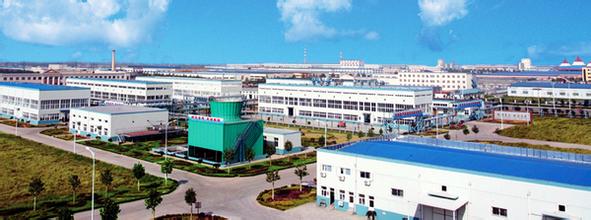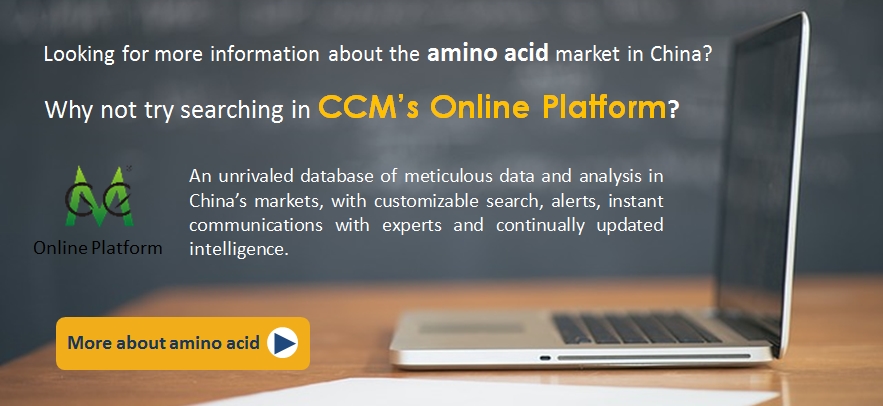On 30 Aug., 2016, the State Food and Drug
Administration of the People’s Republic of China (CFDA) released a notice on
suspending import and sale of reduced glutathione sodium for injection
(registration certificate No.: H20130775 and H20130776; Re-packing approval
certificate No.: J20140016) from Laboratorio Farmaceutico CT Srl. (Lab CT). The
Italian company, without any permission, changed the foreign producer from
Pharminvest S.P.A. to Laboratorio Italiano Biochimico Farmaceutico Lisapharm
S.P.A.

Source: Baidu
“We will continue investigation into this
product and take actions in accordance with related laws if any illegality is
found,” said the CFDA.
Glutathione, a tripeptide combined by
glutamic acid, cysteine and glycine, commonly exists in human body and plays a
significant role in improving human immunity, resisting oxidation and even
detoxicating. In clinical treatments, reduced glutathione is an important
constituent in hepatopathy drugs like reduced glutathione sodium.
Hepatopathy pharmaceuticals are of great demand in China. In 2015, the total
sales of hepatopathy drugs exceeded USD6.59 billion (RMB44 billion), up 8% YoY,
according to CCM’s research. Hepatopathy is of high occurrence in China.
According to the latest data released by the Bureau of Disease Prevention and
Control, National Health and Family Planning Commission of the People’s
Republic of China in 2015,
-
Around 90 million HBV (hepatitis B virus)
infected patients were found, 28 million of who suffered chronic hepatitis B
-
Viral hepatitis topped the category B
infectious diseases prescribed by the State (mainly including viral hepatitis,
SARS, AIDS, poliomyelitis, etc.): altogether 1.22 million cases were found, of
which 93,420,000 were hepatitis B, 76.64% of the total

At present, a wide range of hepatopathy pharmaceuticals are available in the
market, mainly categorised into anti-HBV drugs, assistant agents and drugs for
hepatic encephalopathy treatment.
In particular, reduced glutathione sodium is commonly used as an assistant drug
in the treatment. Besides, another 16 kinds of assistant agents were also
widely applied in China, many of which were amino acids like aspartate,
ornithine, S-ademetionine, glutamic acid and arginine, according to the Drug
Directory for National Basic Medical Insurance, Work Injury Compensation
Insurance and Maternity Insurance released in 2009.
In 2015, a total USD452.35
million (RMB3.02 billion) were used for the purchase of hepatopathy assistant
agents in 16 key public hospitals in China, up 3.17% YoY. The combined sum for
the top 5 assistant agents accounted for 65.40% of the total, and glutathione
in particular, stood in the first place.
According to the CFDA, among the 34 issued registration certificates for
glutathione, 6 were for imported products, half of which were reduced
glutathione sodium for injection, all to Lab CT. In the domestic market,
Shanghai Fudan Fuhua Pharmaceutical Co., Ltd. and YaoPharma Co., Ltd. are the
main producers of reduced glutathione sodium.
According to CCM’s research, imported glutathione pharmaceuticals, most of
which are reduced glutathione sodium for injection, takes up around 19% of the
domestic market share. It is expected that, after CFDA’s restraints on import
of reduced glutathione sodium for injection, the Chinese producers will expand
their sales in the domestic market.
This article comes from Amino Acids China E-News 1609, CCM

About CCM:
CCM is the leading market intelligence provider for China’s
agriculture, chemicals, food & ingredients and life science markets. Founded in 2001, CCM offers a
range of data and content solutions, from price and trade data to industry
newsletters and customized market research reports. Our clients include Monsanto,
DuPont, Shell, Bayer, and Syngenta. CCM is a brand of Kcomber Inc.
For more
information about CCM, please visit www.cnchemicals.com or get in touch with us
directly by emailing econtact@cnchemicals.com or calling
+86-20-37616606.
Tag: amino acids